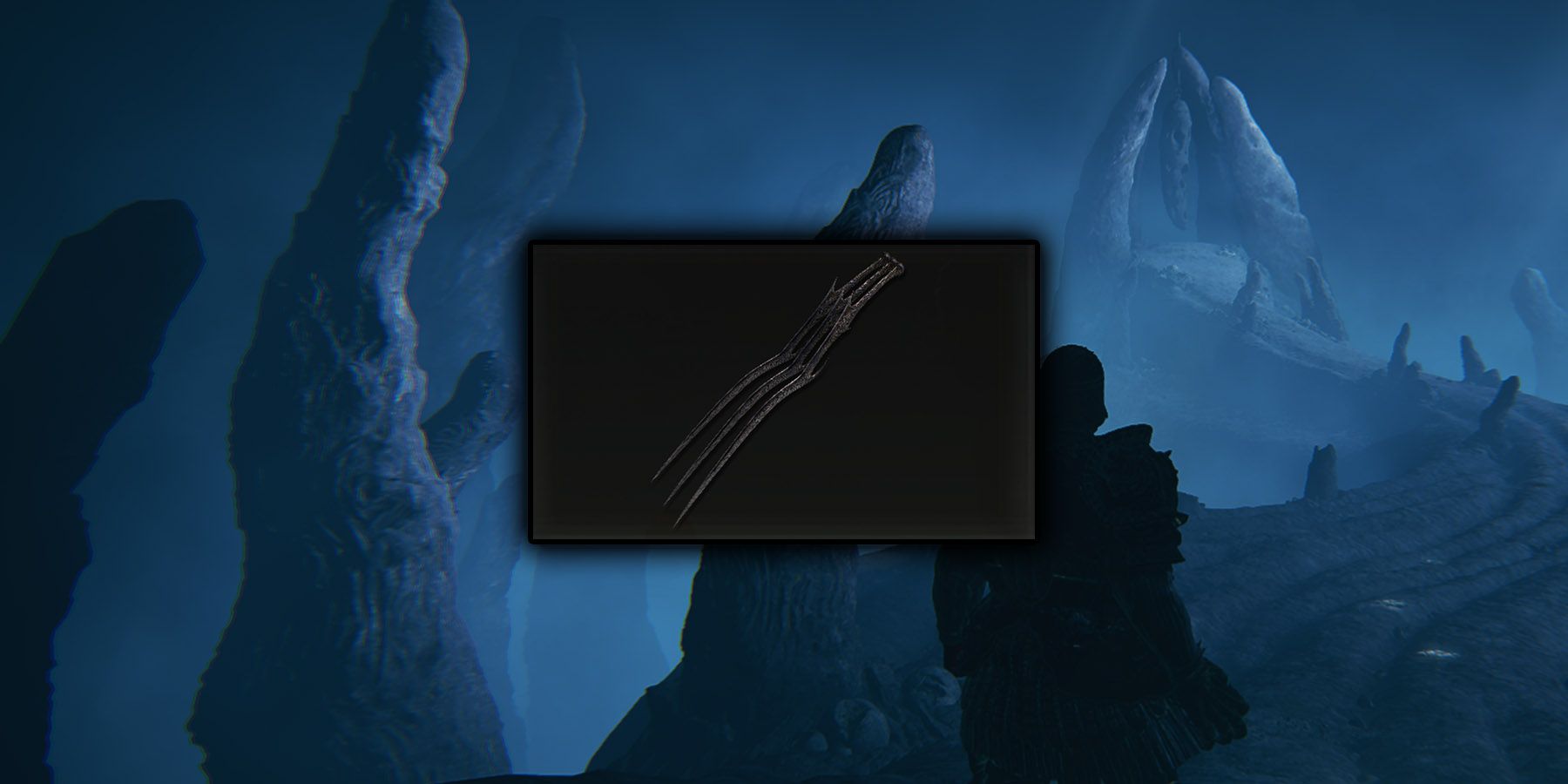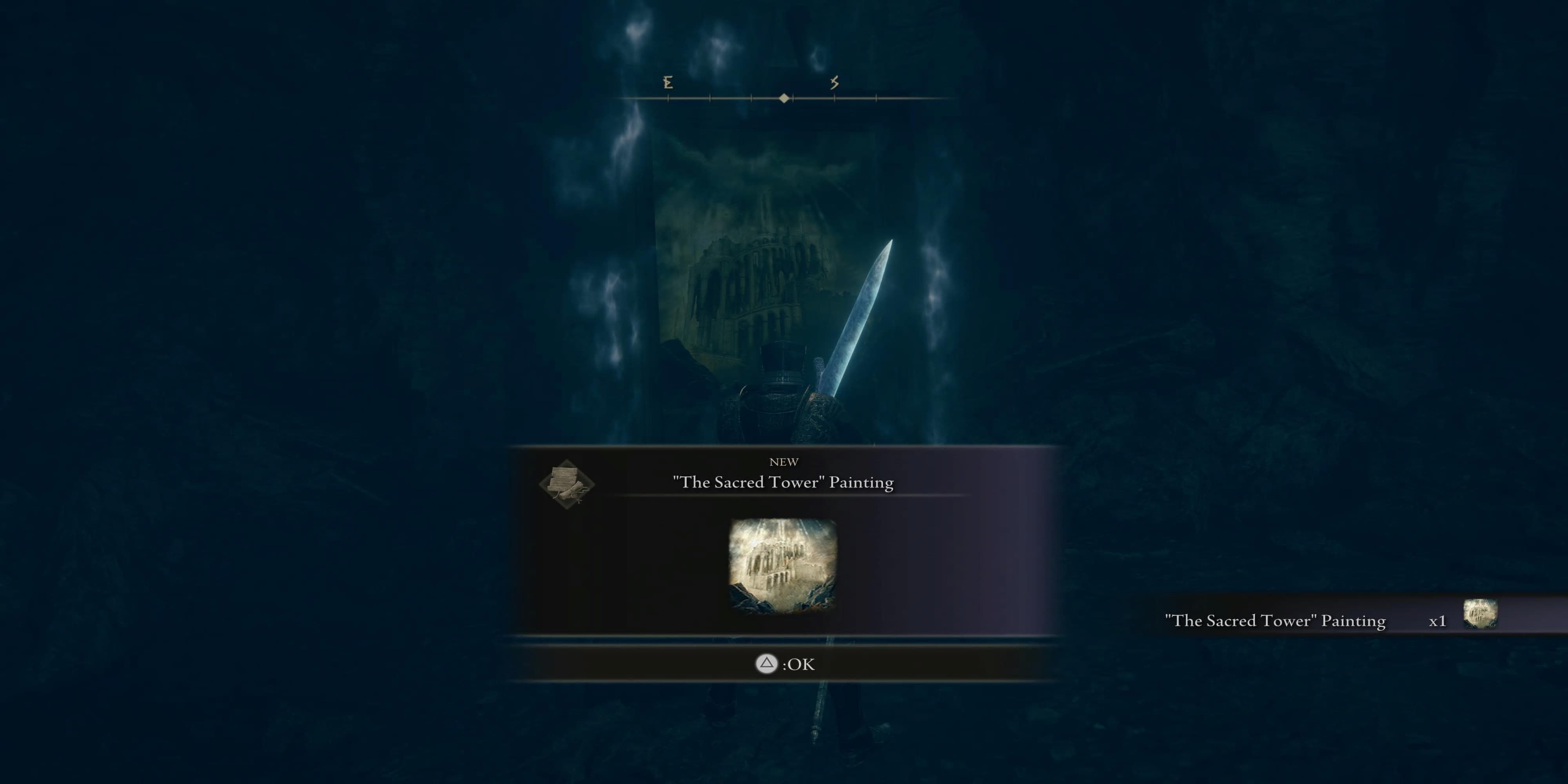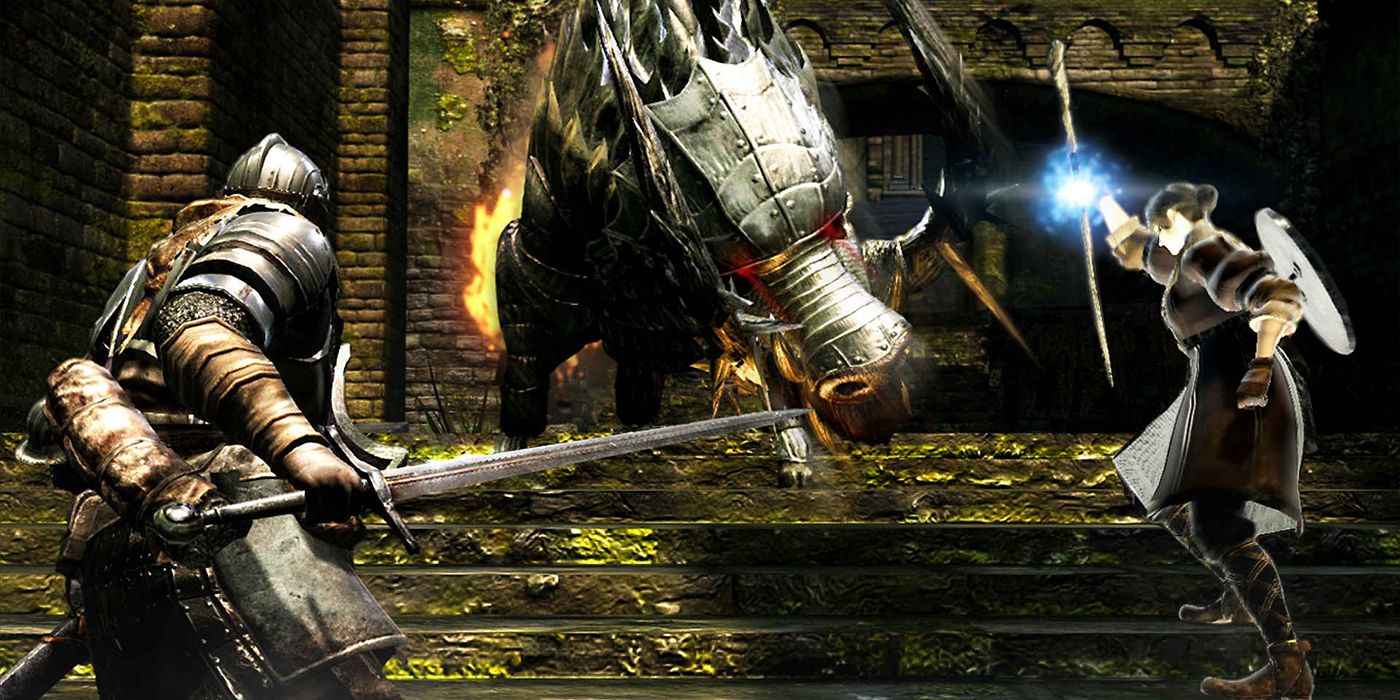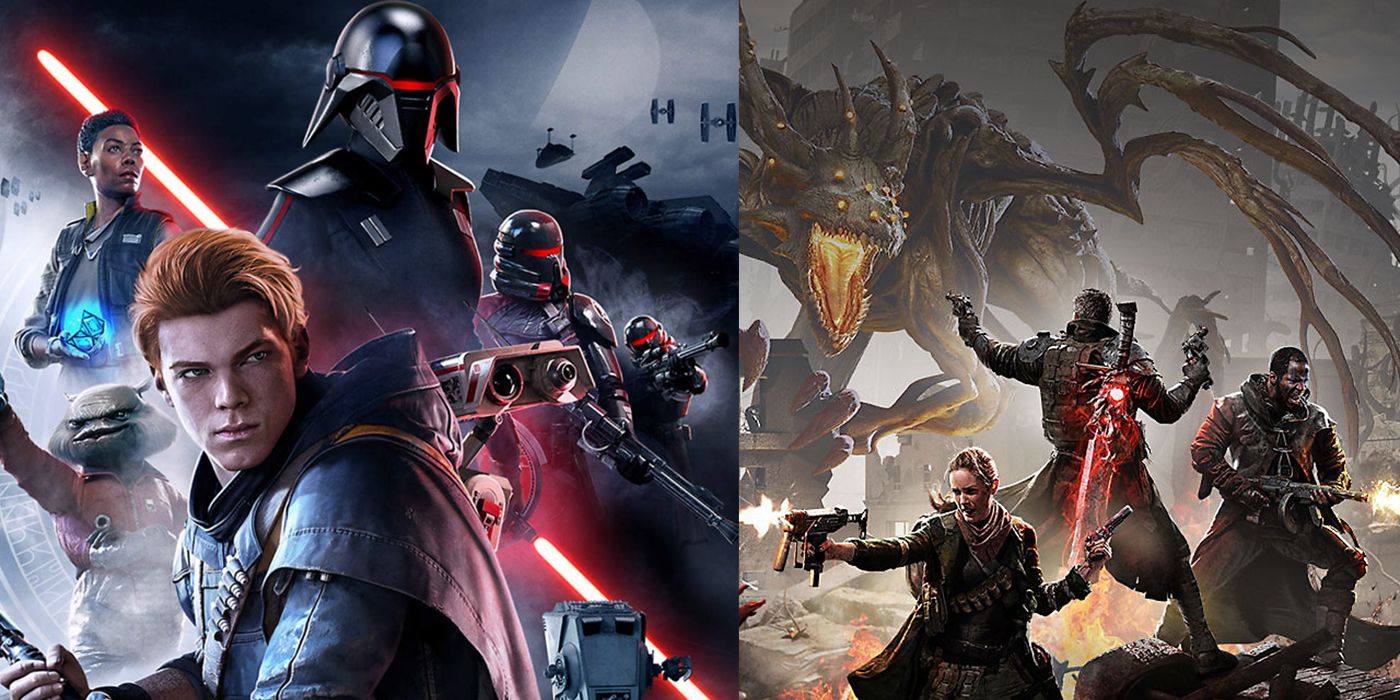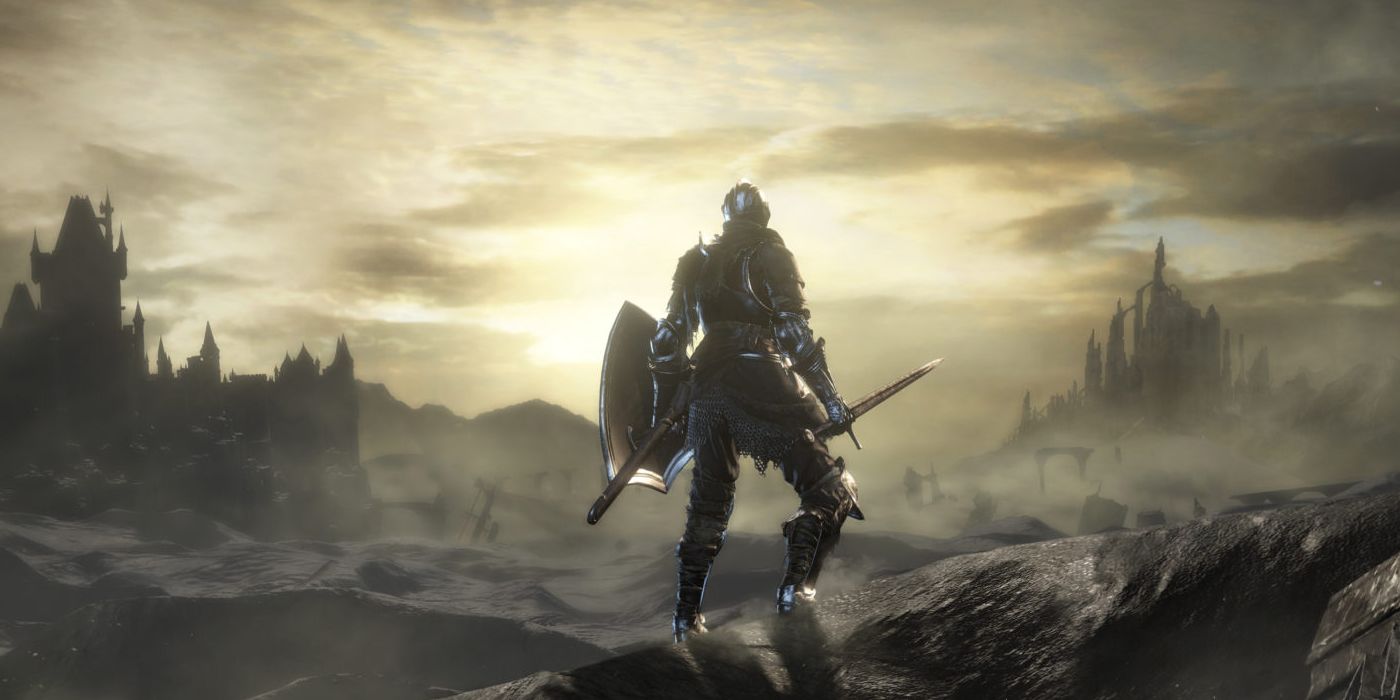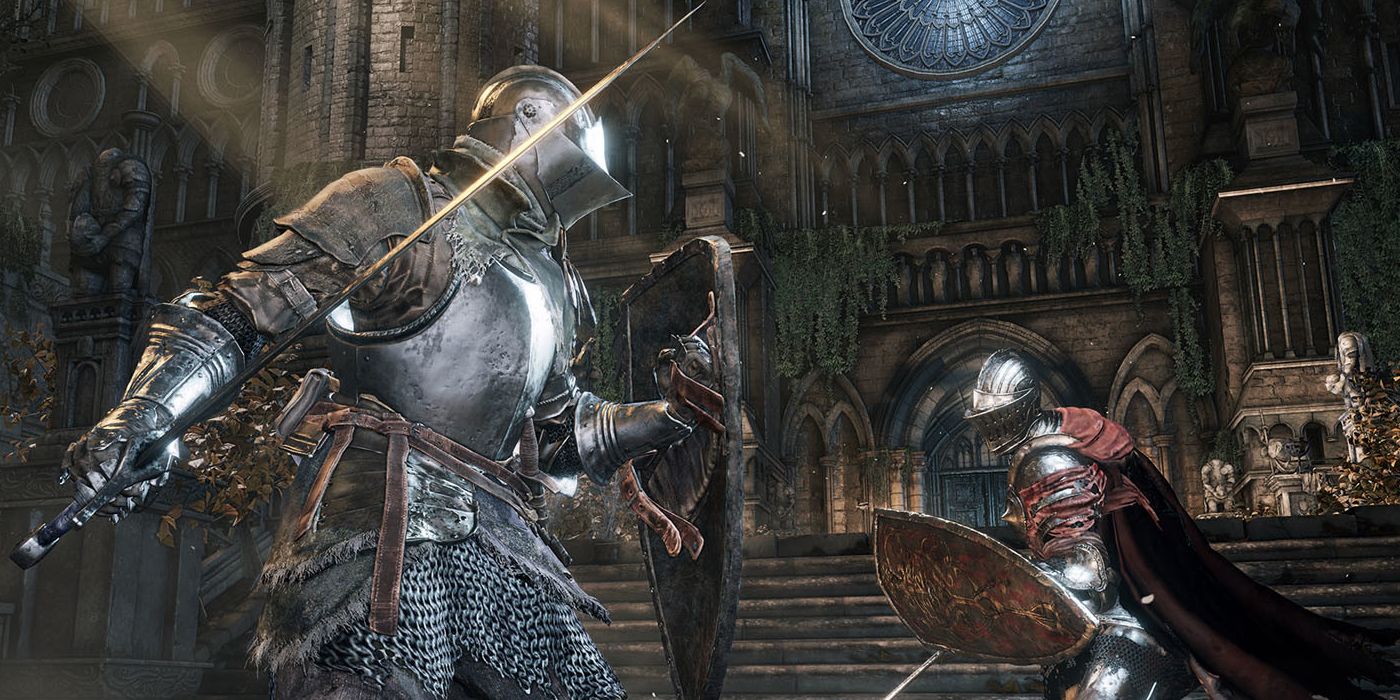There is little dispute that Dark Souls is one of the best-loved franchises to emerge from the 2010s, setting trends and shaping game design tastes throughout the decade. Now, on the eve of the next console generation, FromSoftware has the potential to sweep the gaming industry off its feet all over again with its next entry into the Dark Souls' franchise, with one bold change to its established formula.
Even though FromSoftware released the original Dark Souls in 2011, and its spiritual predecessor, Demon Souls, in 2009, the Souls series is one of the most influential franchises of the past 10 years. Its sustained impact on game design is not merely a matter of inciting imitation. Rather, it is the ease at which one can apply Dark Souls’ core formula to other numerous existing genres and create novel experiences. Games bearing the "Souls-Like" and "Souls-Lite" tags feel familiar, but maintain distinct personalities.
Why Dark Souls Influenced Everything
The core Souls formula can be loosely defined as a game featuring RPG character progression, a mechanic that provides players with a limited number of health recharges between checkpoints, and a strong risk-reward dynamic in how players collect and cash-in experience. That last bullet point is often accompanied by the extremely challenging enemies the Dark Souls franchise is known for, though punishing difficulty is arguably a flourish rather than a requirement for Souls games, with some saying Dark Souls should have an easy mode.
Triple-a titles like Jedi: Fallen Order proudly wear FromSoftware's influence on their sleeve, paired with Metroidvania exploration, and elements of Uncharted's cinematic action sequences. Indie hits like Dead Cells and Blasphemous translate that template to 2D platforming. Middle-weight successes like Remnant: From The Ashes are built on conceptually simple tweaks, like adding firearms and dedicated multiplayer, to the formula. The list of Souls-inspired games is long and full of overlooked gems, despite a few duds here and there.
How to Revolutionize Dark Souls 4
Given the extreme variety of competing titles, FromSoftware has to introduce bold new elements to keep things feeling fresh. The series' existing games already give a glimpse at the answer: online co-operative and competitive play. As it stands, players can team up to take on difficult bosses, or conduct intense duels that feature the same, build-based meta as many other competitive online games. FromSoftware could up the scale, possibly even making a massively-multiplayer Dark Souls.
It must be acknowledged that this would not be a simple change. MMOs come with a lot of baggage, beginning with how they are funded and maintained. The monthly subscription monetization model has been more or less replaced in favor of the more profitable but predatory Battle Pass format. And even if FromSoftware can make the money work, it would be a major game design undertaking to maintain the same level of tension and strategy while still making the game feel fair. It is a risky, extremely difficult challenge that could fail any number of ways—much like playing a Souls' game. But consider the possible rewards.
What a Dark Souls MMO Could Look Like
Many MMOs still feature combat systems that rely on static or limited movement, and optimizable ability rotations—byproducts from an era where slow connections would make more action-oriented combat unfair. In contrast, breathlessness and improvisation are two reasons why established titles like God of War imitated Dark Souls combat system. For many players, farming souls (or shards) is already part of the Souls experience, but rather than being an exercise in tedium, players are always gambling with their progress.
Dark Souls' stellar-yet-soft-spoken narrative is also well-suited for non-linear progression for an open world. Players would have to plumb the depths of multiple dungeons to uncover the core threads of the ongoing Souls saga, which has yet to see a satisfying conclusion. In fact, narrative closure is one of the strongest arguments for Dark Souls 4 in the face of FromSoftware's forthcoming Elden Ring, and its newer property, Sekiro: Shadows Die Twice.
As for solving the challenges of producing an MMO, potential solutions already exist in other titles. Warframe's micro-transaction marketplace does brisk business and offers tons of customization options which will satisfy players desires for the full "Fashion Souls" experience. It also does not lock players into a contract-style Battle Pass, where free-to-play players inevitably—and permanently—miss out on cosmetics. As for concerns about mechanical fairness, clever balancing and management of instances could enable single player, cooperative, and full-PVP options to create an experience that is tailor-made to player preferences.
A wholly action-based MMO that demands the same degree of "Git Gud" grit as any other Dark Souls game would not only inspire imitators, but shift the current paradigm of MMO design. Grinding would become a test of skill, rather a general measure of persistence. For now, unfortunately, all FromSoftware fans can do is speculate about what might be, and wait for more news on Elden Ring.
Dark Souls Remastered is available now on Nintendo Switch, PC, PS4, and Xbox One.


